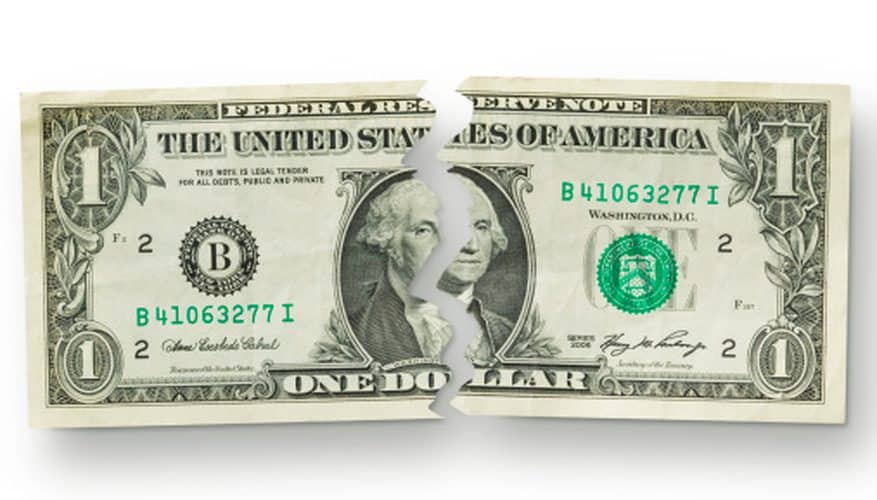The Internet changed the economy of everything: even if you still prefer reading a printed hardcover, the web has changed most if not all aspects of that book’s production, from its writing to its print-run numbers to its marketing plan.
Because Internet
The arrival of eBooks didn’t bring with it the much-feared end of print books but it did shake things up. Print numbers dropped while some readers switched to e-platforms.
Among many changes, the e-revolution offered unpublished writers a new opportunity to reach an audience with eBook originals. Publishing without a print edition could be profitable for self-published authors, or authors with an eBook publisher.
In particular, romance writers found their readers passionately embracing their Kindles. Particularly in that genre, some eBook authors and publishers hit the jackpot.
Split the profits another way
Publishers began offering original eBook original authors a new kind of contract. Rather than a traditional book deal in which a career author receives money up front as an advance against royalties, a no-advance contract became an option.
At the mystery/thriller eBook imprint I oversaw, authors could choose which contract they preferred: a traditional one with a low advance and a lower royalty rate or a no-advance/profit-share contract with a 50/50 split. Most digital-only publishers make only deals using no-advance book contracts.
The Interrupter
The no-advance contract was viewed by some critics as an example of publishers horribly exploiting writers. Change is scary. Another view is that it’s a collaborative business deal:
You invest your book, the publisher invests its considerable resources, and you split the profits.
If an eBook gets significant sales under a profit-share contract, the author makes more money than they would under a traditional contract with a low advance.
Also, with a no-advance contract, publishers may be more willing to make a deal, more open to different genres and styles. Profit-sharing contracts have encouraged publishers to take risks on books they otherwise might not have.
Not for everyone
Of course, this deal doesn’t work for all career authors. Many writers scoff at the idea of not getting an advance. They may prefer or need that upfront advance money to keep writing.
A professional job
If you don’t get an advance for your book, why make a deal with a publisher? Well, the collective efforts of professional editorial, art, and marketing teams are no small contribution. Putting together a book package that is both appealing and professional-looking is hard work, and is not always suited to a writer’s skill set.
If an eBook is a runaway hit, the profit-share contract makes mega-bucks for its author and eventually becomes much less profitable for the publisher. At that point, publishers may try and renegotiate the contract. Of course, these are good problems to have.
Would you make a no-advance deal with a publisher for your book, or would you rather self-publish? There are advantages to both: add to the discussion on Facebook.





